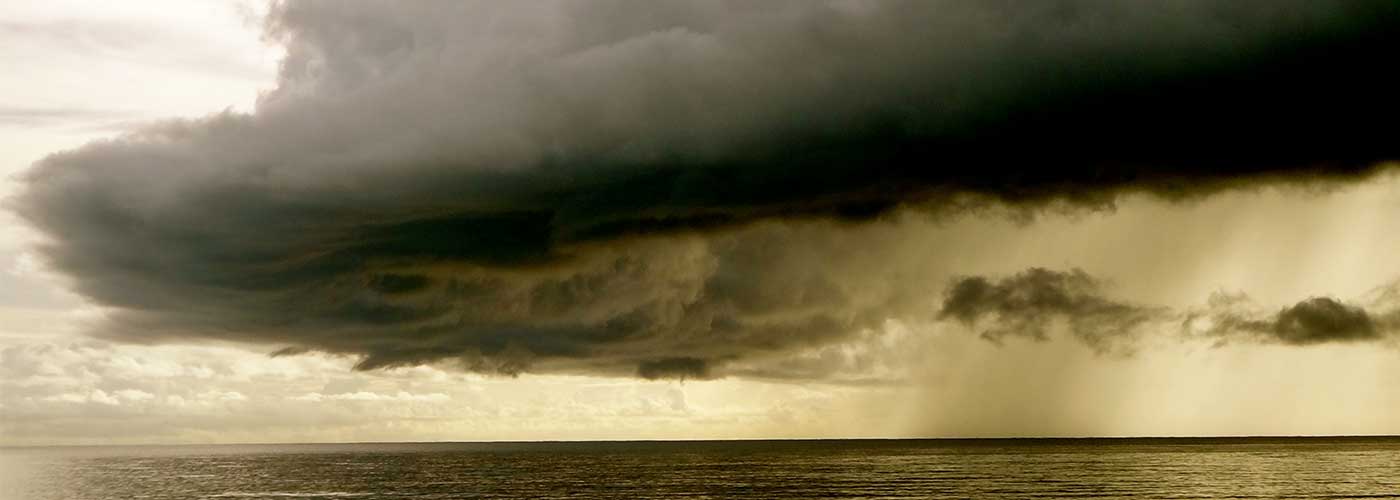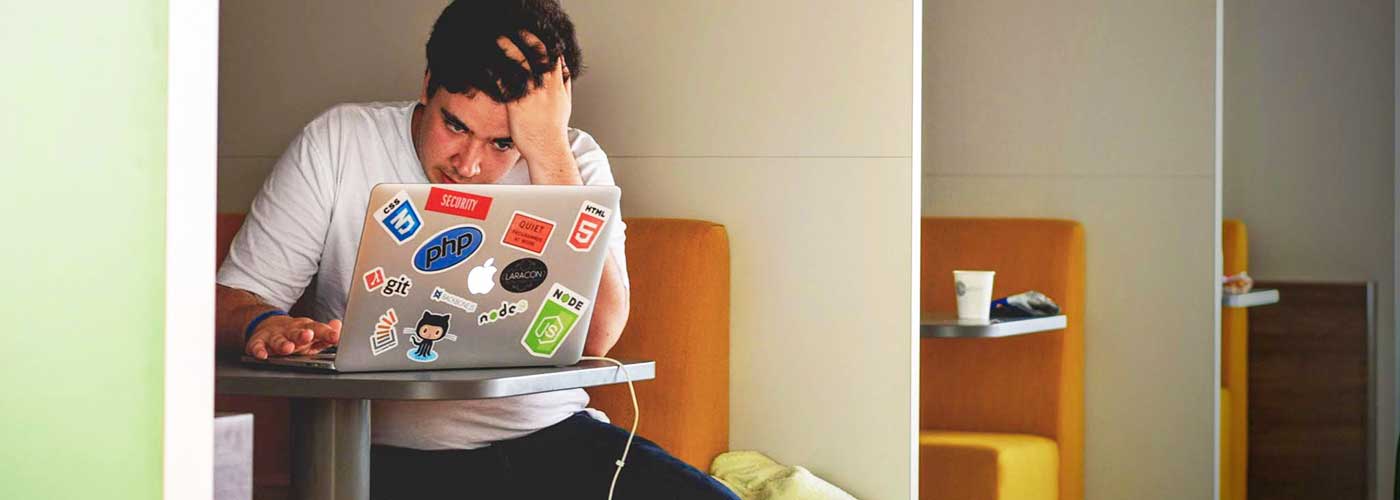Recently, Omidyar Network joined the International Finance Corporation (IFC), existing investor Quona Capital, and a handful of other co-funders in a $15 million series B investment in Zoona, a technology company that provides financial services to underserved communities across Africa.
This latest round represents our third investment in Zoona and underlines our commitment to a company whose performance and prospects are quite robust: since its founding in 2009, more than 1,000 agents in Zambia, Malawi, and Mozambique have served more than 1.5 million active users, who have transacted over $1 billion on Zoona’s mobile money platform.
You want your executive team to be agile and respond to a fast changing and uncertain situation. Tweet This Quote
The new funds will finance an expansion roadmap that will take Zoona’s platform to 10 markets in Africa by 2020, which means broader financial services access for a greater number of underserved consumers, and the creation of a significant number of new jobs within the company’s agent network—both of which have a positive impact on the local economies.
But things have not always been this rosy. Last year, Zambia suffered a currency crisis triggered ostensibly by a slowdown in copper exports to China, marking the largest depreciation in the Zambian kwacha’s history and making it the world’s worst performing currency in 2015. In July 2015, the kwacha was trading at about 7.5 against the dollar. By mid-November, the currency had fallen a staggering 87 percent, reaching a low of 14:1. Because the vast majority of Zoona’s revenues are in Zambian kwacha, while its debt and operational expenses are in either U.S. dollars or South African rand, the Zambian foreign exchange crisis quickly escalated into a financial crisis for the company.
For venture investors like me who work in emerging and frontier markets, currency devaluations amplify the rollercoaster ride of early-stage investing. However, what’s really notable here is how Zoona dealt with the crisis through a model of openness and resiliency – following simple rules that I aptly call ACT. Here’s what it entailed:
Agility
You want your executive team to be agile and respond to a fast changing and uncertain situation, and the Zoona team demonstrated this in spades. Mike Quinn, CEO, and Keith Davies, CFO, were updating their worst-case scenario models on a weekly, and sometimes daily, basis. As the depreciation accelerated, the company responded by making a series of tough operational decisions that involved cutting back on its hiring plan, slowing investment in expansion, cutting travel and all non-critical expenses, and then making the hard decision to let some staff go. Even though this was a stressful period for the company, by acting quickly, Zoona’s leadership was able to constantly adapt to the changing circumstances.
Constant Communication
The “C” in this framework could just as easily be coolheaded, but I would almost assume this of any entrepreneur who has survived the early days of starting a company. As investors, watching the macro environment for one of your investees go into free fall can be alarming. When the situation is constantly changing, you want to hear from management often. Short, frequent updates are reassuring, and there is no such thing as over-communication.
When in crisis with a constantly changing situation, there is no such thing as over-communication. Tweet This Quote
Mike and Keith did a terrific job of keeping the investors and the board updated on the macro situation, the steps being taken to address them, and the constantly changing financial plans.
Transparency
Open lines of communication are critical, but even more meaningful is what you say to your investors. In Zambia, the word zoona means “real,” and being real is synonymous with the company’s value of integrity. Mike was very transparent every step of the way. He didn’t hold anything back or sugarcoat anything — investors saw the good, the bad, and the ugly. At all times, we knew exactly what was happening with our investment, which let us provide the best counsel and the right follow-on funding when the time came.
As a result, at a point when there did not seem to be a bottom to the currency free fall, and Mike called us asking for a bridge investment, our trust in management was as high as it could be. Our funds, and those of the other investors, were in Zoona’s bank account within weeks of the request, tiding the company over during the challenges of lost dollar revenues.
Beyond surviving, the company prospered. Zoona grew 40 percent in the last quarter of 2015 and even reached a new milestone of serving 1.5 million consumers, allowing it to raise this new round of funding from a position of strength. In partnership with both old and new investors, Zoona is now off to write a new chapter of growth and help more communities in Africa thrive.



